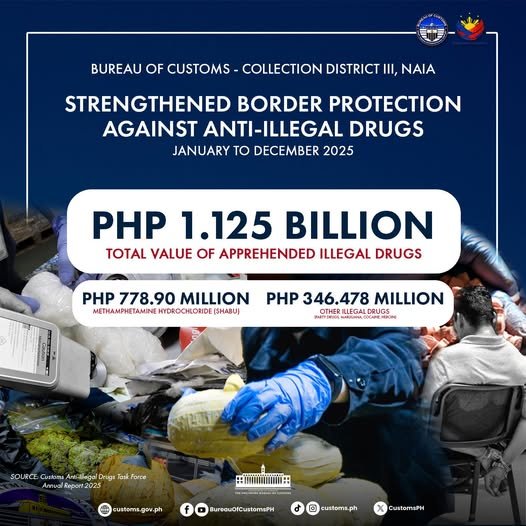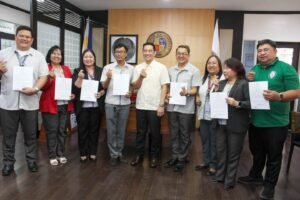The Department of Budget and Management (DBM) announced a list of hefty allocations for science and technology in the proposed 2024 national budget that will foster socioeconomic growth and development.
In her message during the 2023 Research Innovation and Development (RIDe) Festival of Central Luzon State University (CLSU), DBM Secretary Amenah Pangandaman disclosed that P25.94 billion has been earmarked to the Department of Science and Technology.

It includes P8.23 billion for the Grants-in-Aid Program, which covers P3.61 billion to support the National Science and Technology Agenda such as the Science for Change and Small Enterprises Technology Upgrading Programs.
About P1.33 billion, on the other hand, will be provided for the Research and Development (R&D) initiatives of State Universities and Colleges including roughly P50 million for CLSU.
Moreover, P100 million is allotted for the National Economic and Development Authority’s Innovation Fund to support enterprises engaged in developing innovative solutions to benefit the country’s underprivileged sectors.
Meanwhile, Pangandaman pointed out that RIDe Festival’s theme, “R4D: Key to a Sustainable Society”, connects with establishing a dynamic innovation ecosystem which is at the heart of the socioeconomic transformation agenda of the administration of President Ferdinand R. Marcos Jr.’s 2023-2028 Philippine Development Plan (PDP).
“The PDP outlines that, over the medium term, the government will provide a nurturing environment for basic R&D and knowledge creation; support market-driven and customer-centered R&D; scale up technology adoption, utilization, and commercialization; and promote an innovative culture and entrepreneurship,” she said.
The cabinet official explained that a robust innovation ecosystem can help create jobs, increase productivity, and enhance the country’s competitiveness.
“It is for this reason that the present administration is investing heavily in innovation and technology,” Pangandaman said.
The budget chief also introduced “Filipinnovation” which is a whole-of-government approach to inclusive innovation.
“Through Filipinnovation, we eliminate silos [separations in business resources], as government agencies no longer work in isolation, and consequently, the impact of government funding is optimized with a multiplier effect,” she pressed.
“Seeing the promising research and technologies that you, our dear students, have devised makes us more confident that we can further elevate Filipinnovation into whole-of-nation approach,” Pangandaman added.
RIDe Festival featured the presentation of completed and ongoing research in various categories such as crops, farm resources and environment, fisheries and livestock sectors, socio-economics, education, sociology, and gender and development. (PIA 3)
PHOTO CAPTION:












